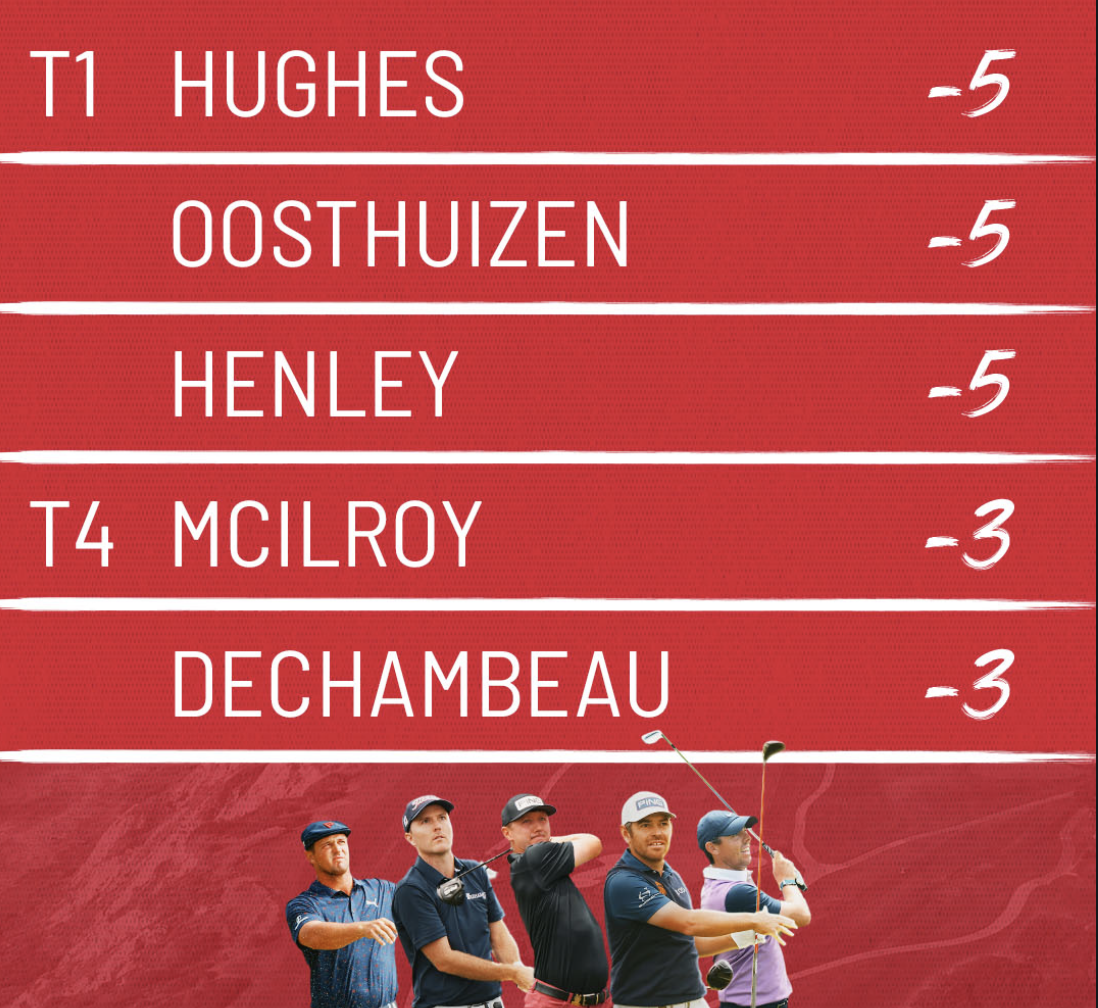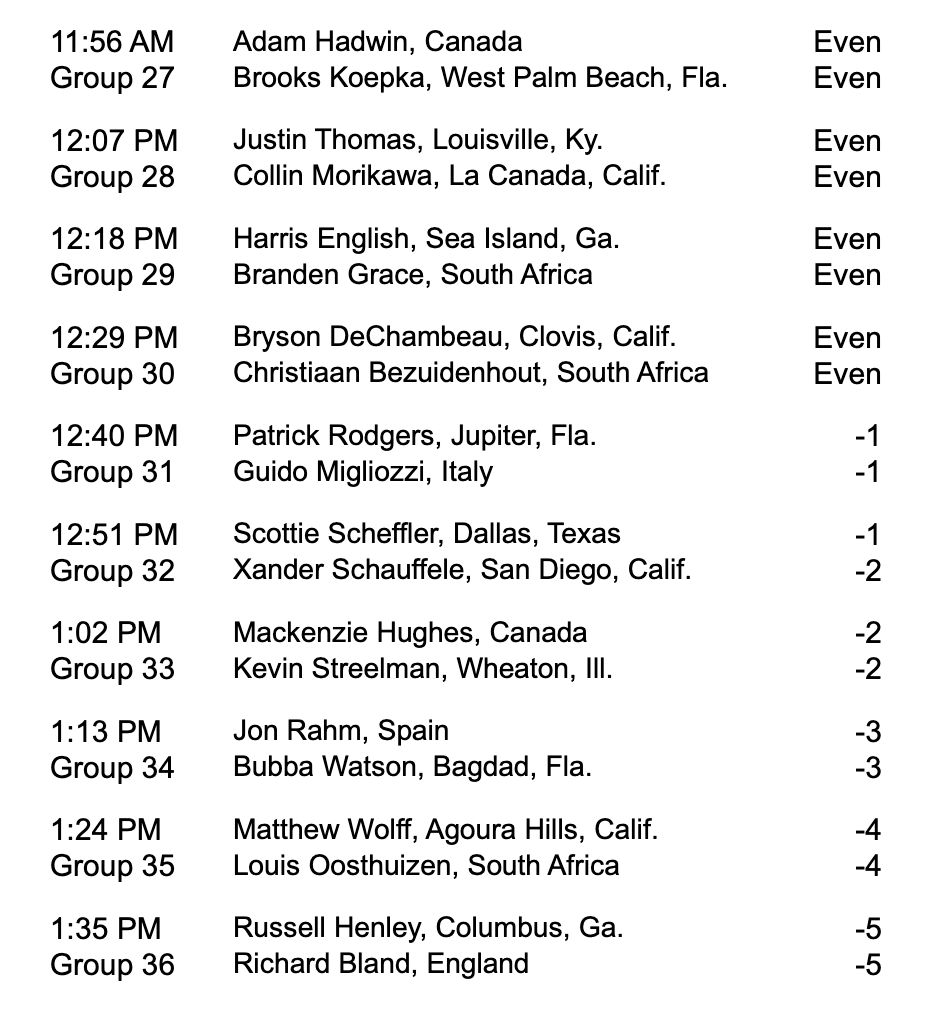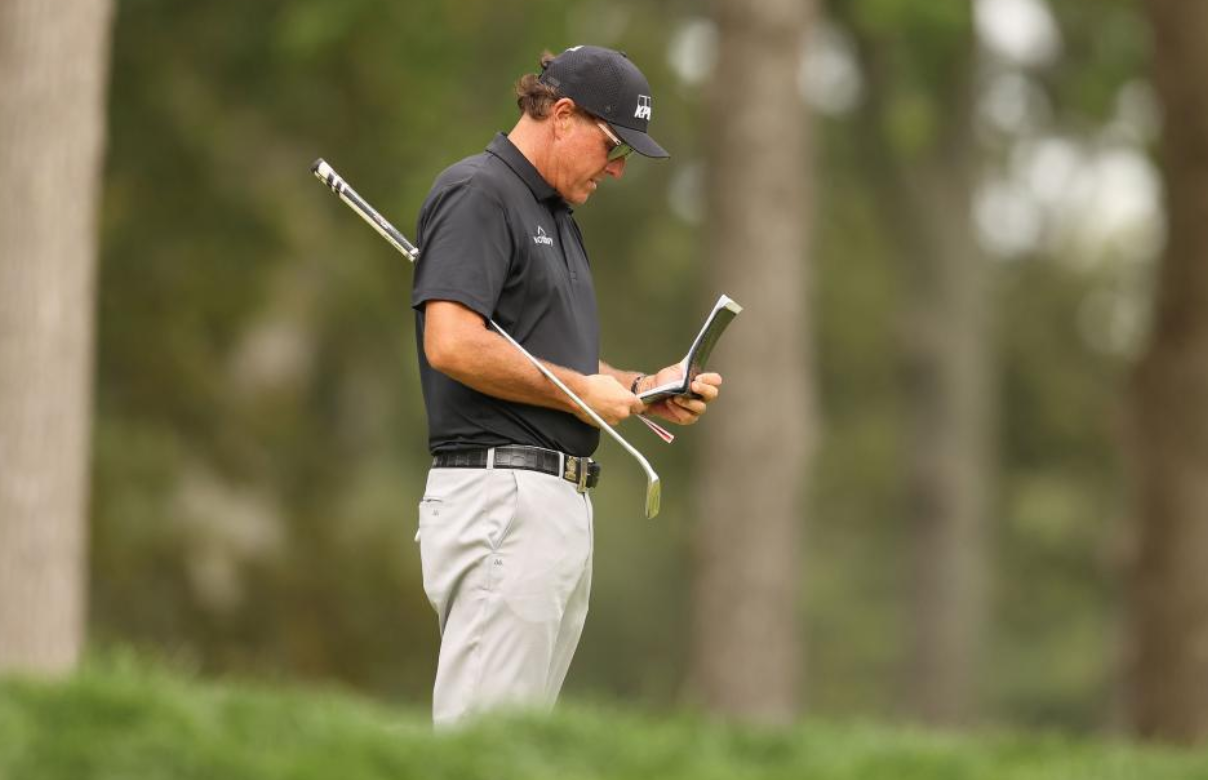After Sunday’s thriller and with no Torrey Pines on the future venue list, the natural question was raised by several writers: will it be back?
AP’s Doug Ferguson writes:
Ten players were separated by one shot at one point when the final group was on the front nine. Separation came from bad decisions, bad lies, bad shots, typical of a U.S. Open. Four players who were within one or two shots of the lead made double bogey on the back nine. The winner, Rahm, was the only player to not drop a shot on the back nine.
GolfDigest.com’s Joel Beall went to David Fay for insights and the former Executive Director who steered the USGA to Bethpage and he sees a positive outcome, regardless of what happens.
Fay, however, says that’s not the case. Instead he views the era as a tip of the hat to the USGA’s constituents. “People who play public facilities, they could say a true public links was good enough to host a U.S. Open,” Fay says.
As for its goodbye? Fay says don’t get too sentimental, because in this world goodbyes don’t exist. “I understand why golfers who play true publics would be disappointed, I do. But golfers love their history, and history lives. Once a U.S. Open has come, you are a U.S. Open course in perpetuity.”
Rex Hoggard makes the case of players liking it as almost enough reason even if the course is flawed, but wonders if the USGA’s “anchor site” concept will get in the way.
There have been quiet indications that the USGA is considering a championship “rotation” like that used by The Open. Although officials declined to comment on those rumors, they also didn’t deny them.
“Nick Price said a few years ago on our championship committee, he said, 'You know, it's important where the players win their U.S. Open,'” said John Bodenhamer, the USGA’s senior managing director of championships. “I would just say buckle up because there's really some cool things coming. I would say that on both sides, of the U.S. Open and the U.S. Women's Open.”
Finally, I made my case in The Quadrilateral for the paying folk (here). I say yes and believe it will happen because of money more than anything golf architecture related, but a few key things still need to change.
























